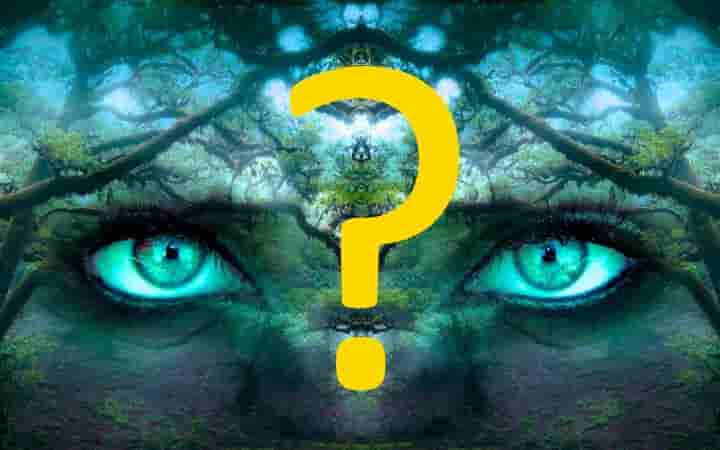Staring Precognition Test
Can you sense when you will be stared at?
About Staring Precognition
Staring ESP Experiments
Researcher Rupert Sheldrake and others have investigated people's ability to sense whether they are being stared at.
Sheldrake's research in particular has shown a consistent effect, suggesting that people may indeed be able to psychically detect whether or not someone is looking at them.
About Staring Precognition Test
This online Staring Precognition Test uses a variation of the normal staring experiment. You you have to guess, in advance, whether you will be shown a staring face, or a blank screen (these outcomes are equally likely).
This is repeated for each trial (there will be a short delay between trials).
You should first try 10 practice trials in order to get an idea of how the test works. When you are familiar with the procedure, you can test your ability more formally by selecting a larger number of trials.
Statistical Analysis
After all trials have been completed, you will be shown the statistical analysis of your results.
The total number (and percentage) of correct and incorrect guesses is indicated and, if there are sufficient trials, these are analysed for statistical significance. Note that 10 trials are insufficient to permit this analysis.
The statistical test (z-test) shows the probability (p) of obtaining your results by chance. If the probability is less than 1 in 20 (0.05) the results are said to be statistically significant and may indicate some precognitive ability.
If you wish to statistically analyse the results from several tests, you should record the number of correct and incorrect guesses on each test. You may then analyse the combined data using our Hit-Miss Psi Test Statistical Calculator. With this, you should choose the Open Deck procedure with a probability of hit = 1 in 2. The total number of hits = total number of correct guesses. The total number of trials = number of correct and incorrect guesses combined.
For example if you scored 250 correct guesses and 180 incorrect guesses, then total trials = 430 and total hits = 250.



